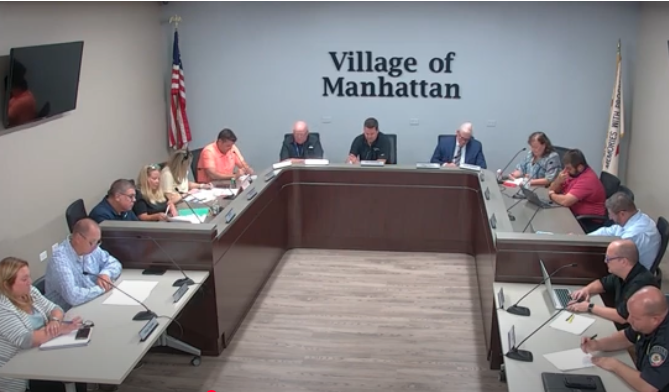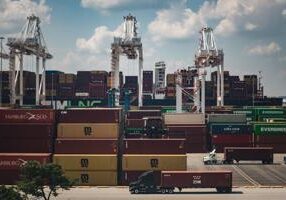
CBO says tariffs could raise $4 trillion over next decade, raise prices
The Congressional Budget Office’s estimated that President Donald Trump’s tariffs could bring in $4 trillion over the next decade, but will raise consumer prices and reduce the purchasing power of U.S. families.
The most recent estimate includes changes to tariffs through Aug. 19 that CBO Director Phillip Swagel said reduce total deficits by $4 trillion altogether over the next decade. Tariff revenue also is expected reduce the need for federal borrowing and cut spending on interest by $700 billion.
The CBO report includes a caveat: “The estimates are subject to significant uncertainty, largely owing to questions about timing, possible exceptions, and a lack of precedents.”
The CBO said it estimated that the effective tariff rate for goods imported into the U.S. increased by about 18 percentage points when measured against 2024 trade flows.
That could mean more inflation and higher prices for consumers and businesses.
“The increases in tariffs will make consumer goods and capital goods (the physical assets that businesses use to produce goods and services) more expensive, which will reduce the purchasing power of U.S. consumers and businesses,” according to the CBO report. “Those increases in costs will put temporary upward pressure on inflation.”
Since retaking office, Trump has hit nearly every nation with new tariffs and is working to reshape global trade to give American companies homefield advantage. But it could cost U.S. consumers.
The White House has said that foreign nations and businesses will pay the tariffs, not American consumers.
Last month, the Federal Reserve’s latest anecdotal “beige book” survey found that businesses across the country reported passing the cost of tariffs on to U.S. consumers.
Economists, businesses and some publicly traded companies have warned that tariffs could raise prices on a wide range of consumer products throughout the U.S.
Trump has said he wants to use tariffs to restore manufacturing jobs lost to lower-wage countries in decades past, shift the tax burden away from U.S. families, and pay down the national debt.
A tariff is a tax on imported goods that the importer pays, not the producer. The importer pays the cost of the duties directly to U.S. Customs and Border Protection, a federal agency.
Latest News Stories

Texas House, Illinois state senator sue 33 AWOL Democrats in Illinois court
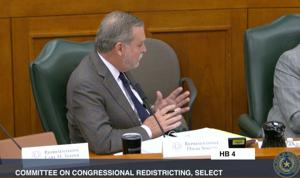
WATCH: Democrat state redistricting efforts created unfair advantages, lawmaker says
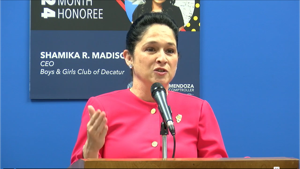
Illinois quick hits: Fatal helicopter crash; Comptroller orders another extra pension payment

Village Board Approves Comprehensive Update to Employee Personnel Manual
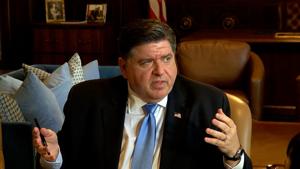
New poll: 50.2% of Illinois voters view Pritzker unfavorably
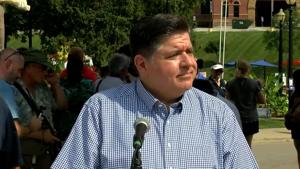
WATCH: Pritzker welcomes FBI looking for TX Dems in IL, dismisses bribery question

Manhattan Awards $537,907 Contract for Hanover Estates Road Resurfacing

WATCH: Illinois State Fair: Affordable fun backed by $140M in taxpayer funding
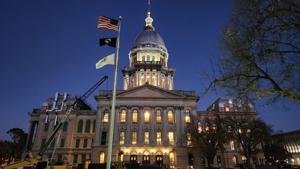
Op-Ed: State lawmakers gut Emmett Till Day bill, expose Illinois’ corruption problem
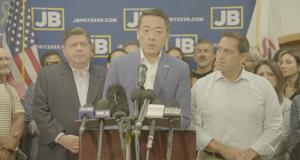
Democratic PACs being investigated for bankrolling AWOL Texas House Democrats
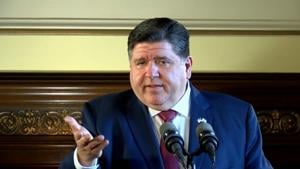
Pritzker: Chicago mayor ‘never once called’ to oppose pension bill

WATCH: Illinois In Focus Daily | Thursday Aug. 7th, 2025

